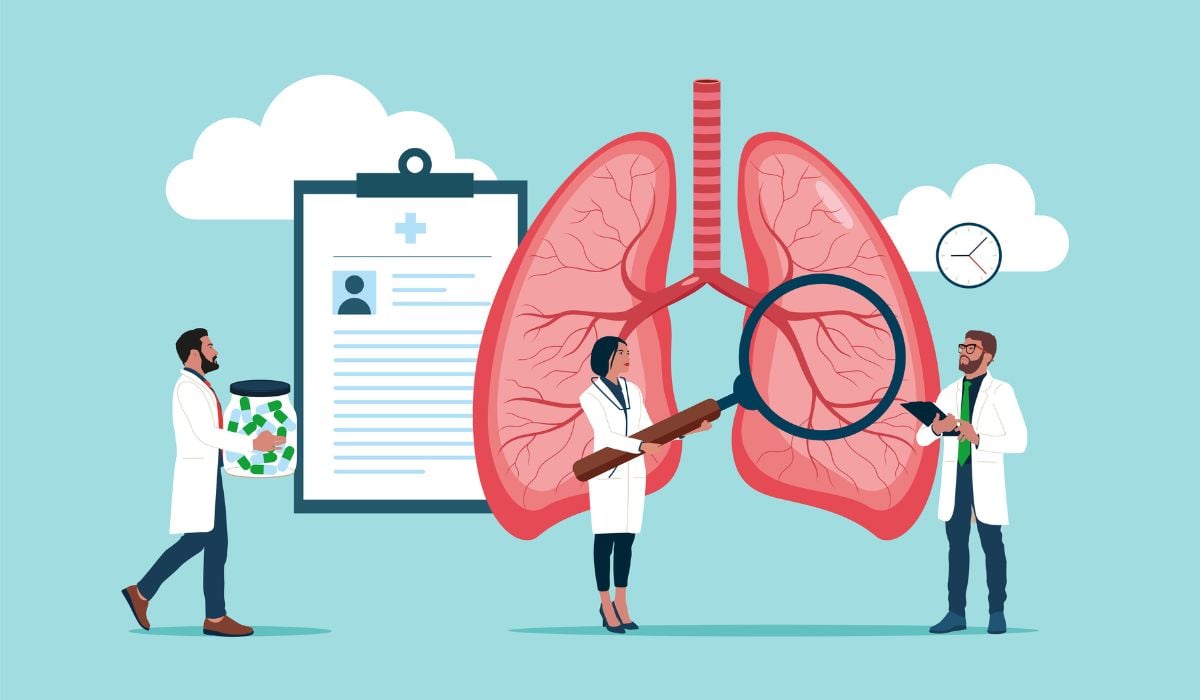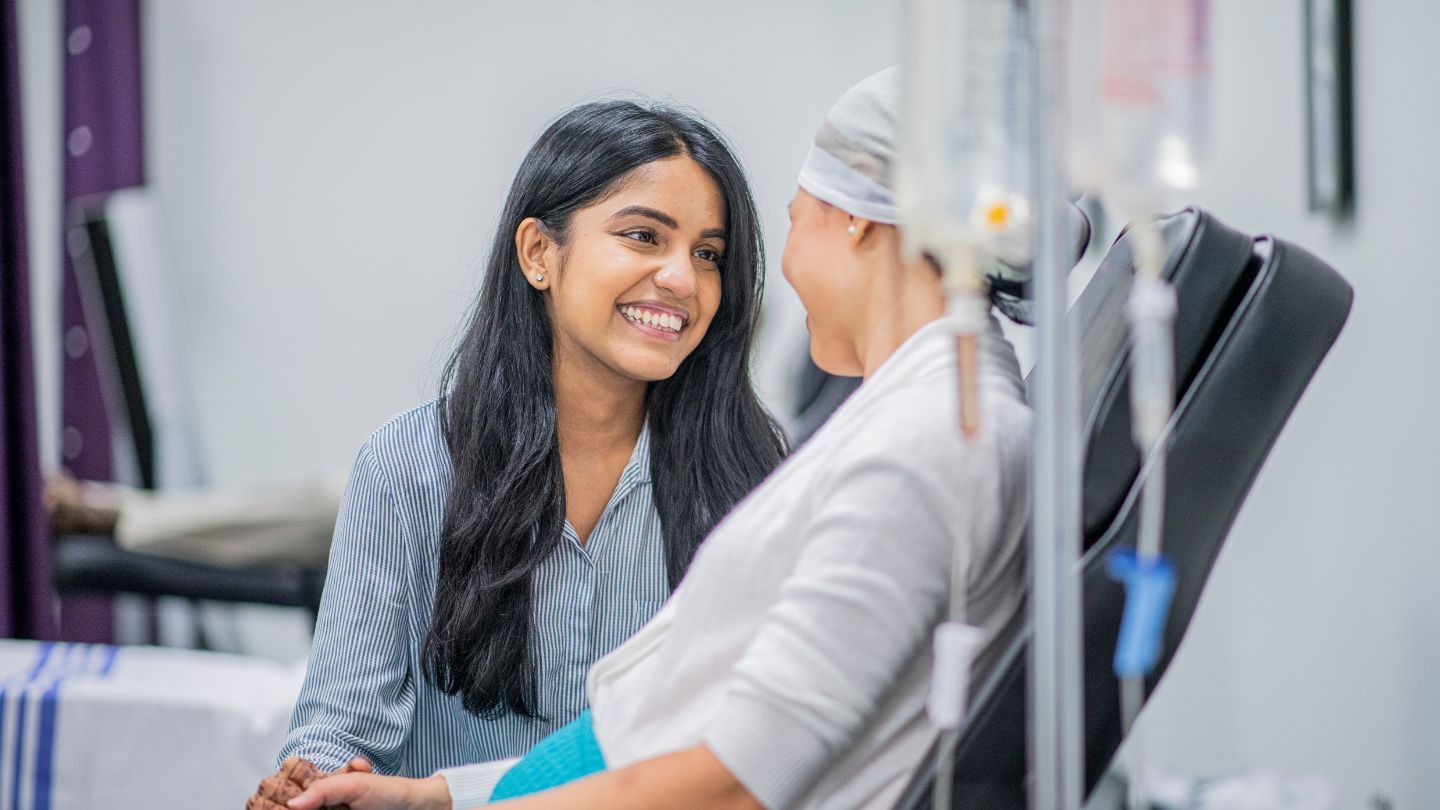The Basic Principles Of Arogyajivan Medical Tourism For Oncology
The Basic Principles Of Arogyajivan Medical Tourism For Oncology
Blog Article
The 4-Minute Rule for Arogyajivan Medical Tourism For Oncology
Table of ContentsExamine This Report about Arogyajivan Medical Tourism For OncologyArogyajivan Medical Tourism For Oncology Can Be Fun For AnyoneThe Best Strategy To Use For Arogyajivan Medical Tourism For OncologyThe Best Strategy To Use For Arogyajivan Medical Tourism For OncologyArogyajivan Medical Tourism For Oncology Things To Know Before You Get ThisArogyajivan Medical Tourism For Oncology - TruthsThe Only Guide for Arogyajivan Medical Tourism For Oncology
If you have cancer cells, your healthcare service provider will advise several means to deal with the disease. The most usual treatments are surgical treatment, chemotherapy, and radiation. Various other alternatives include targeted treatment, immunotherapy, laser, hormone therapy, and others. Below is a review of the various therapies for cancer and how they function.Cancer cells grow and divide faster than normal cells in the body. Because radiation is most unsafe to promptly expanding cells, radiation therapy damages cancer cells more than regular cells. It utilizes compounds made by the body or in a lab to aid the immune system work harder or in an extra targeted method to combat cancer.
Some have contaminants or contaminated compounds connected to them. Immunotherapy is given by IV. Hormone therapy is used to treat cancers cells that are sustained by hormones, such as bust, prostate, and ovarian cancers. It uses surgical procedure, or medications to stop or obstruct the body's natural hormonal agents. This assists slow the growth of cancer cells.
Thin fibers at the end of television route the light at the cancer cells. Lasers are also made use of on the skin. Lasers are frequently used with various other kinds of cancer therapy such as radiation and chemotherapy. In photodynamic therapy, a person gets a shot of a medication that is delicate to a special kind of light.
Not known Factual Statements About Arogyajivan Medical Tourism For Oncology

An oncologist is a cancer cells medical professional. Marketing on our site aids support our goal. A see to an oncologist gives you an opportunity to chat with a professional that comprehends what you're going via.
They're all set to aid, and they'll walk with you every action of the way. An oncologist obtains included if you have signs and symptoms that might be cancer cells.
Some Known Details About Arogyajivan Medical Tourism For Oncology
The faster you obtain a medical diagnosis, the far better. Many cancers are much more treatable in the onset. Cancer cells is an intricate condition. Individuals with visit this web-site cancer cells commonly require numerous oncologists on their medical care group. This multidisciplinary strategy allows each professional to concentrate on a various location of your treatment with a typical objective of collaborative, compassionate treatment - ArogyaJivan Medical Tourism for Oncology.
Radiation can shrink lumps prior to surgical treatment or kill staying cancer cells after surgical treatment. You may have radiation as a stand-alone treatment or in combination with other treatments.
Excitement About Arogyajivan Medical Tourism For Oncology
Do I have cancer cells? Your oncologist is below to aid you browse these emotions. Once your oncologist collects the details they require, they'll: Go over the results of your testsSend their findings to the healthcare provider that referred youTell you whether you have cancer cells and if so, what kindTalk to you about various right here therapy optionsListen to your worries and anxietiesGive you resources that can offer assistance and extra informationYour first oncology visit might take up to three hours.
Oncology is the study of cancer cells. The word originates from the Greek word for lump or mass. The medical area of oncology covers cancer cells research study, danger and prevention, diagnosis, treatment, and survivorship. Professionals educated in oncology offer take care of people who go to danger for cancer, being dealt with for cancer cells, and dealing with cancer cells after therapy.

What Does Arogyajivan Medical Tourism For Oncology Do?
deal with cancer cells in kids and teenagers. Some kinds of cancer take place usually in these younger age teams. When these kinds of cancer occasionally take place in adults, those adult patients might select to collaborate with a pediatric oncologist. treat cancers cells inside the upper body location, consisting of the lungs and esophagus. ArogyaJivan Medical Tourism for Oncology. treat cancers in the genitourinary system, such as the bladder, kidneys, penis, prostate gland, and testicles.

Sometimes, a medical oncologist could be the initial expert a patient sees. In some cases when cancer is believed yet not detected, an oncologist may also be involved. Some individuals with blood conditions that may or may not be cancerous may be referred to a hematologist oncologist. Many individuals see page will proceed seeing their oncologist for follow-up consultations to look for indicators of cancer cells coming back and to take care of any type of adverse effects from therapy.
See This Report about Arogyajivan Medical Tourism For Oncology
If you have a cancer medical diagnosis and are weighing your therapy options, take into consideration participating in a professional trial. They may appear frightening at first, scientific tests can be incredibly helpful no issue what type or stage of cancer cells you have. Benjamin Levy, M.D., clinical director of the Johns Hopkins Kimmel Cancer Center at Sibley Memorial Healthcare facility and a lung cancer cells researcher, clarifies some of the reasons to join a professional trial.
Report this page